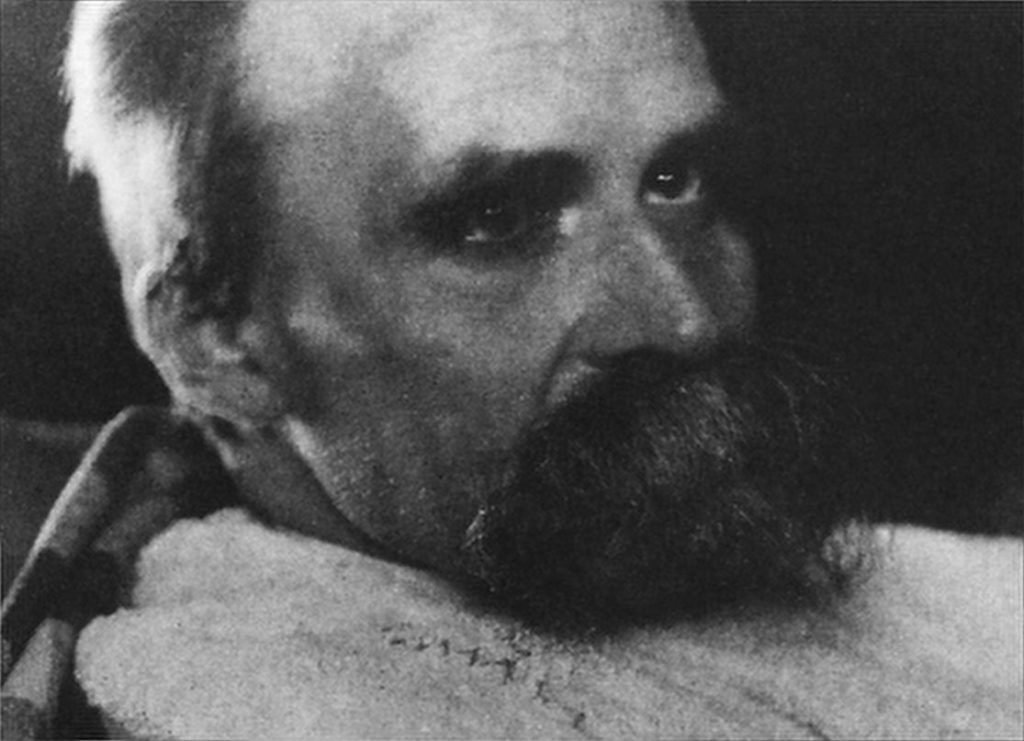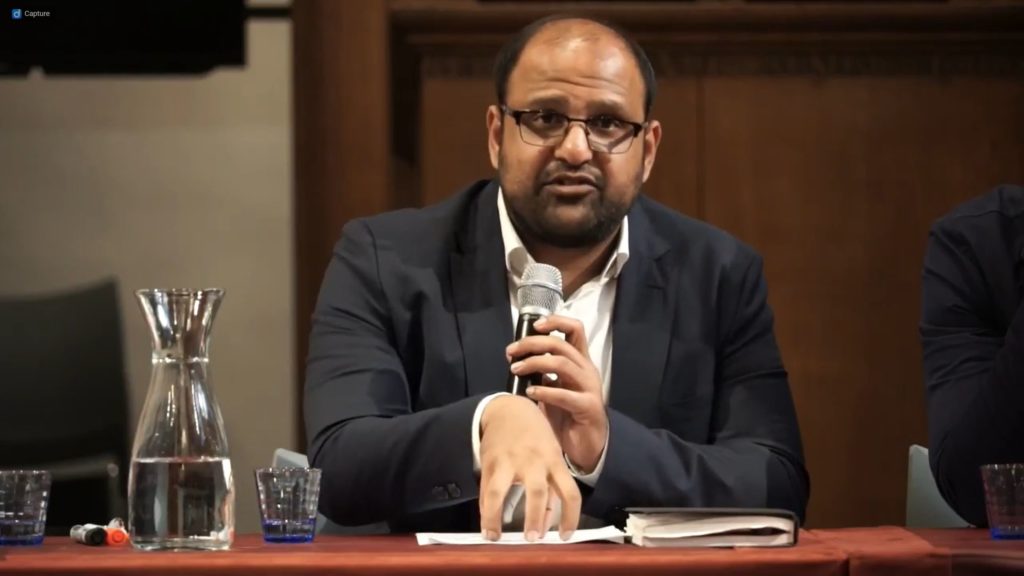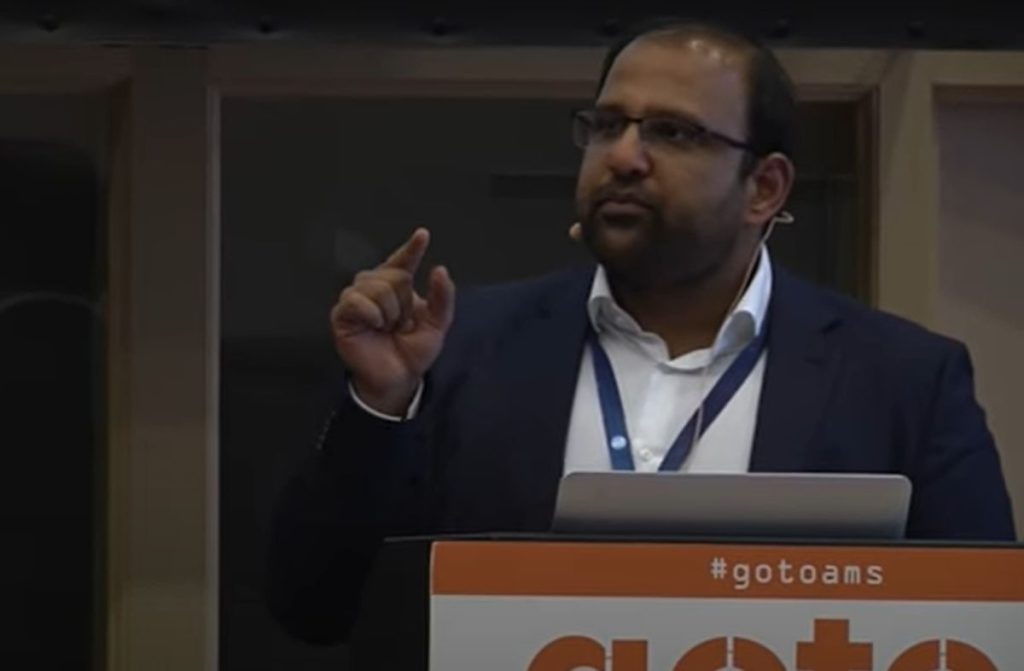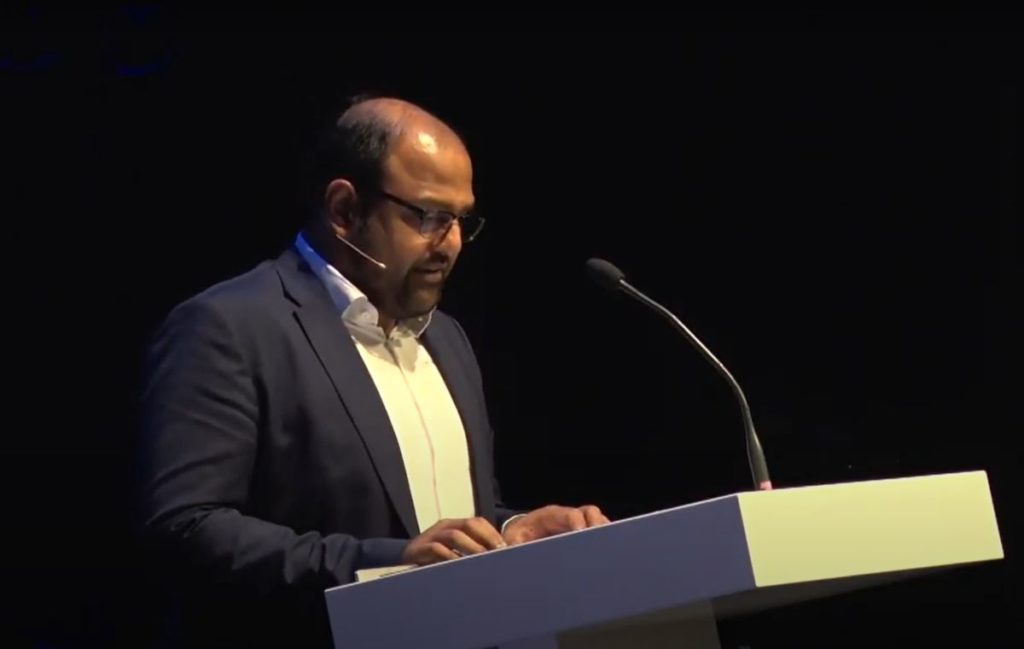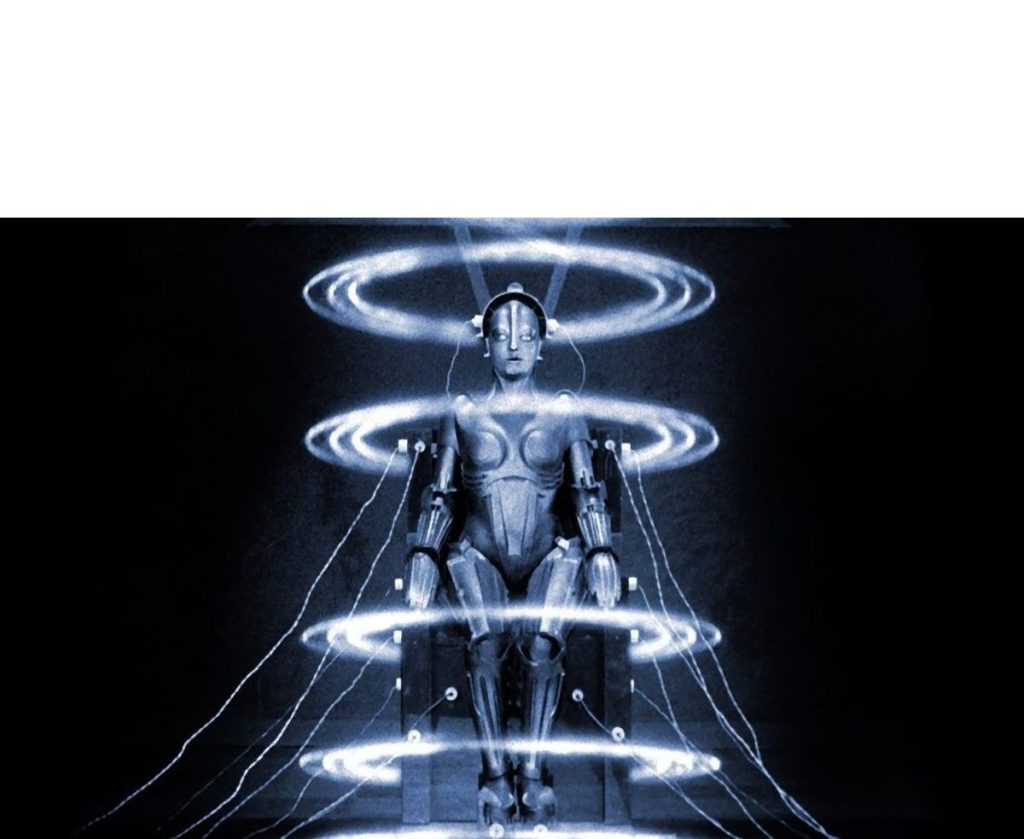In this article I will explore the way Nietzsche has been taken up in neoconservative thought by looking at the work of Francis Fukuyama and his teacher Leo Strauss. Fukuyama interprets Nietzsche’s social theory that culminates in the idea of the last man as a theory of the decline of thymos in the modern world. This appropriation of Nietzsche opens interesting perspectives on contemporary phenomena, even if, as I will argue in my first section, it involves only a partial understanding of the concerns Nietzsche was addressing.
…
Nietzsche and the Neoconservatives: Fukuyama’s Reply to the Last ManRead More »
Nietzsche and the Neoconservatives: Fukuyama’s Reply to the Last Man Read More »
